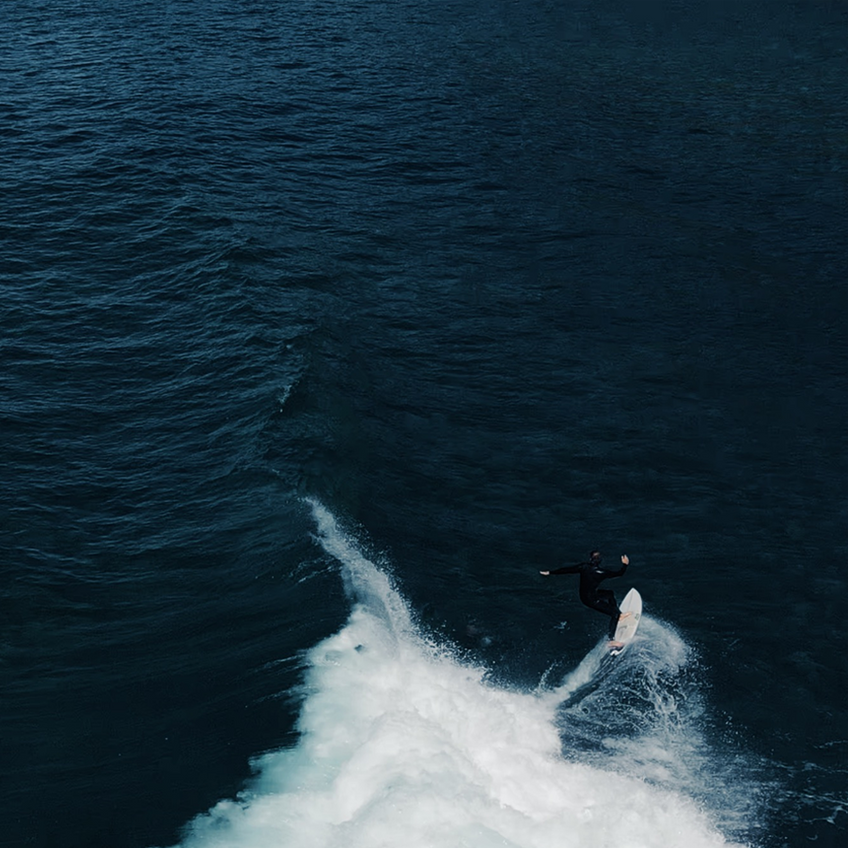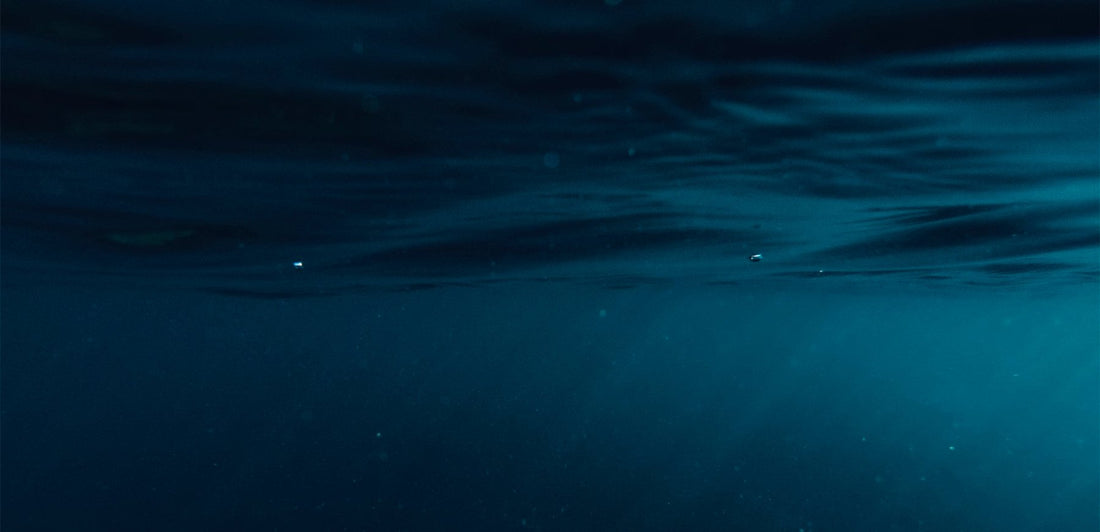Donut Economics was born with the release of the seminal work of non-fiction by Kate Raworth entitled, Doughnut Economics: seven ways to think like a 21st century economist. First published in 2012 as a report for Oxfam, The Donut has since become a global phenomenon, inspiring governments, local authorities, international organisations and even a sustainable fashion brand or two to change the way they operate, with the aim of humanity living within the planet’s ecological parameters.

At first The Donut can appear a little complex, but essentially it is all about finding ways to reduce the impact humans have on the environment, so that nature and people - clad in sustainable trousers and eco-friendly shirts - can live harmoniously, on a planet that doesn’t resemble a greenhouse.
Eco Fashion Growth Is Not King In The Donut
The whole idea of The Donut (the green ring in the diagram above) is to have the entire human population safely housed in its green dough, with no one falling into the hole in its centre (“shortfall”) with humanity also not “overshooting” when it comes to natural resource use. In a 2018 TED talk, Raworth explained that the biggest barrier to humanity housing everyone in The Donut was our obsession with economic growth.
Raworth posits that economic growth, commonly measured as GDP (Gross Domestic Product), has become a key indicator of how successful a country or eco-friendly fashion brand is, even becoming an indicator of national pride and political success. She states that this must change if The Donut is to be realised and environmental collapse is to be averted.
How Does The Donut Apply To Sustainable Fashion?
So where does sustainable fashion fit into all this? Is an eco-friendly clothing brand like TWOTHIRDS doing enough to make The Donut a reality or do we still have some way to go before our sustainable t-shirts and eco-friendly bikinis cut the mustard?
The fact is that TWOTHIRDS as an eco clothing brand is both part of the problem and also on its way to becoming the solution. Like most ethical fashion businesses, we are currently set up to create growth, otherwise we would quickly find ourselves unable to pay staff or our suppliers. Of course, this means that even though we endeavour to only produce our sustainable clothing locally in Europe and to make our eco-friendly shirts and sustainable jumpsuits from low impact fabrics, we still use more natural resources than a sustainable fashion brand that strictly adheres to the Donut’s ecological boundaries.
While this is a sobering thought - one that reminds us we still have so much work to do to become a truly ethical fashion brand - we should also be proud of what we’ve achieved so far. Our PRE-ORDER system goes further than most to reduce overproduction to practically zero. Our Deadstock Limited Edition collections even reach beyond our own sustainability remit to upcycle the waste produced by other less eco-conscious fashion brands. Moreover, we communicate consistently that our ethical clothes are made to last a lifetime, thus shunning throwaway fast fashion habits. We also ensure that all our suppliers and partners (based 100% in Europe) pay at least a living wage, so that no one is left lingering in the no-man’s land at the centre of Raworth’s Donut, having crafted a pair of sustainable trousers or an eco-friendly bikini.

What Changes Should Sustainable Fashion Brands Consider?
So what can a sustainable fashion brand like TWOTHIRDS learn from The Donut? The Donut Economy’s accompanying website runs self-guided workshops for ethical clothing businesses like ours to learn from. The main focus of these workshops is altering the structural fabric of a business, so that it acts in the interest of all stakeholders. This would mean that workers and even nature itself would have a controlling interest in the company, with the idea being that their interests would balance out those more predisposed to demand unrelenting growth.
One sustainable clothing company that has made itself the blueprint for such restructuring is Patagonia. The company founded by Yvon Chouinard recently declared that Nature is now its only shareholder, with the owner and founder relinquishing financial control of the project to a philanthropic venture (Holdfast Collective) whose job it is to protect the planet.
While these efforts are admirable, and Patagonia states it is careful not to grow for growth’s sake, the sustainable fashion industry’s golden child still relies on selling more items of new clothing year on year, which it could be argued outweighs the good its newly created Holdfast Collective does.
Ultimately, for true sustainable fashion to become a reality rather than a fanciful panacea, policy makers and economists will need to give sustainable clothing brands a helping hand, providing incentives that wean them off growth’s teat and onto financial sustenance that demands less natural resource extraction. This is already afoot in Europe with the pending launch of the bloc’s new ESG regulations, which promise to crack down on greenwashing claims and waste, although there are well-founded worries that the legislation could be a case of too little too late.
Nothing Compatible With Nature Grows Forever

One of the best analogies Raworth makes in her passion pitch for the adoption of Donut Economics in ethical fashion and beyond is the idea that nothing in nature grows forever. The life of a tree for example is contingent on a spate of initial growth followed by a period when growth ceases and the tree simply exists, until one day it dies, to decompose and leave behind some of the nutrients future generations of tree will require to grow.
Of course, our current economic system and GDP do not function this way. Instead they try to cheat nature by growing forever. Raworth compares this to a cancer, which when it grows exponentially within a body eventually leads to the death of that body - its resources depleted. It is possible that TWOTHIRDS and other sustainable fashion brands will need to be brave and look beyond the endless and ultimately futile pursuit of growth, to find a way to plateau in a manner that keeps our eco-friendly clothing operations within the planetary boundaries detailed in The Donut. Any transition would be difficult and painful. This article in itself proves as such, packed with SEO keywords designed to increase our eco clothing brand’s reach, thus perpetuating the growth spiral that Raworth is so keen to halt.
Action Must Begin Now

While reducing the impact of a new ethical t-shirt or fair trade shirt is undoubtedly a worthwhile endeavour, as we have shown, “green growth” as it currently exists might not be the solution to all our ecological problems. The Donut above shows the areas in which ecological “overshoot” is already rampant, brought about by the very processes that almost all ethical fashion brands currently employ. This proves that large scale systemic change is the only solution, something that The Donut can teach sustainable clothing companies like TWOTHIRDS.








